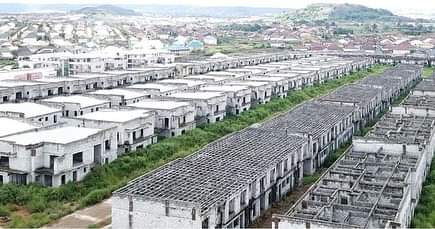By: Enobong Ukpong
The massive estate, located in Abuja, is believed to have been acquired through illicit means, highlighting the pervasive nature of corruption in Nigeria.
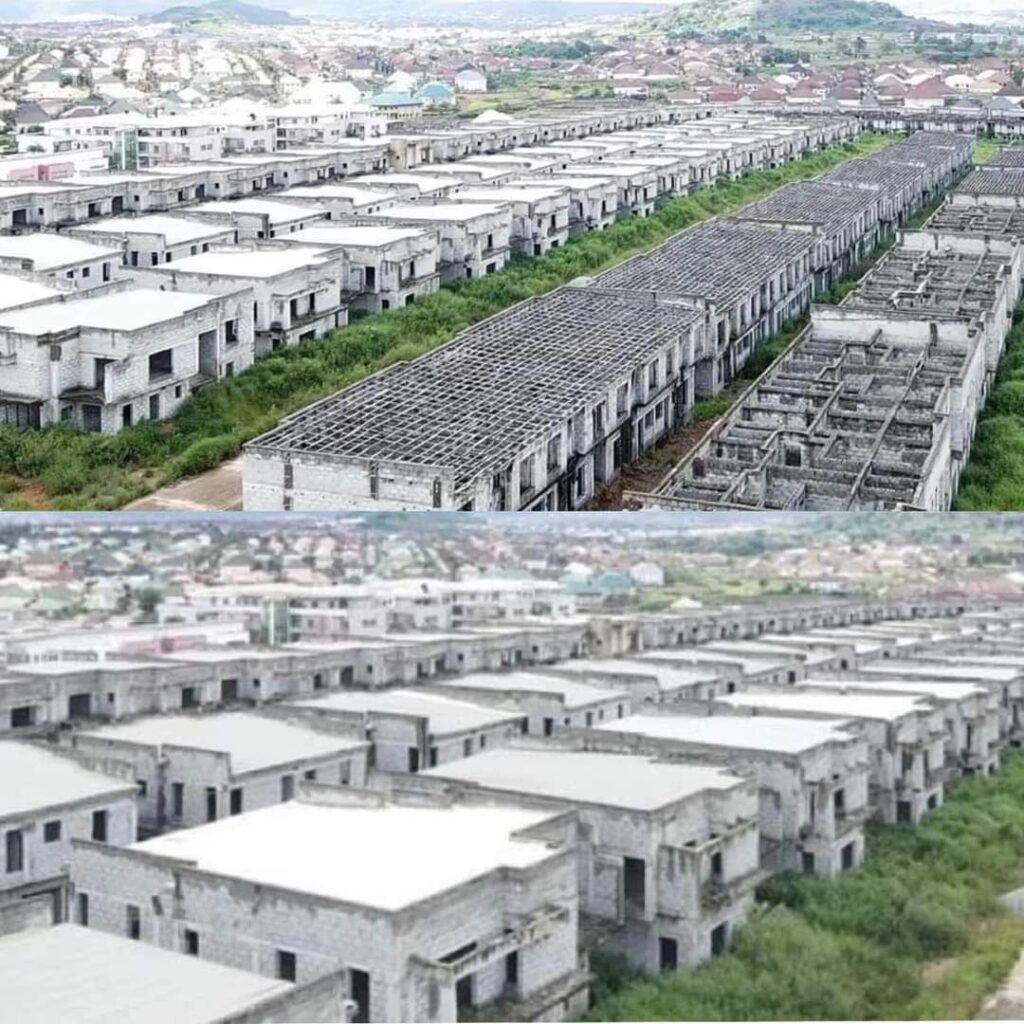
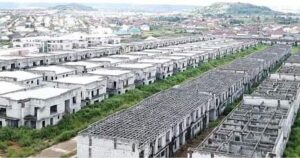
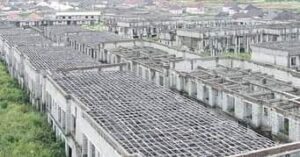
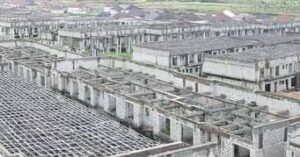
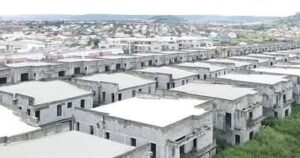
PUBLIC CONCERNS:
1. Magnitude of Corruption: The sheer scale of the recovered assets has left many Nigerians stunned and outraged. It has reinforced the perception that corruption is deeply entrenched in the country’s political and economic system.
2. Lack of Transparency: Many are questioning how such a massive estate could have been built and maintained without detection.
This has raised concerns about the effectiveness of Nigeria’s anti-corruption agencies and the lack of transparency in the country’s financial system.
3. Inequality and Poverty: The recovery of such a large number of luxury duplexes has also highlighted the stark contrast between the wealthy elite and the impoverished masses.
Many Nigerians are asking why such opulence exists alongside widespread poverty and inequality.
WAY FORWARD:
1. Prosecution and Conviction: The EFCC must ensure that those responsible for acquiring the estate through illicit means are prosecuted and convicted.
This will serve as a deterrent to others and demonstrate the commission’s commitment to fighting corruption.
2. Asset Management: The recovered assets should be managed transparently and efficiently.
The government could consider using the estate to provide affordable housing for low-income families or to support social programs.
3. Systemic Reforms: The recovery of the estate highlights the need for systemic reforms to prevent such large-scale corruption in the future.
This includes strengthening anti-corruption agencies, improving transparency in financial systems, and enhancing accountability mechanisms.
4. Public Engagement: The EFCC and the government should engage with the public to provide updates on the investigation and prosecution of those involved.
This will help to build trust and demonstrate a commitment to transparency and accountability.
Ultimately, the recovery of the 753 duplexes presents an opportunity for Nigeria to tackle corruption head-on and to demonstrate its commitment to transparency, accountability, and good governance.
Follow Globaltrust.ng for more stories.


